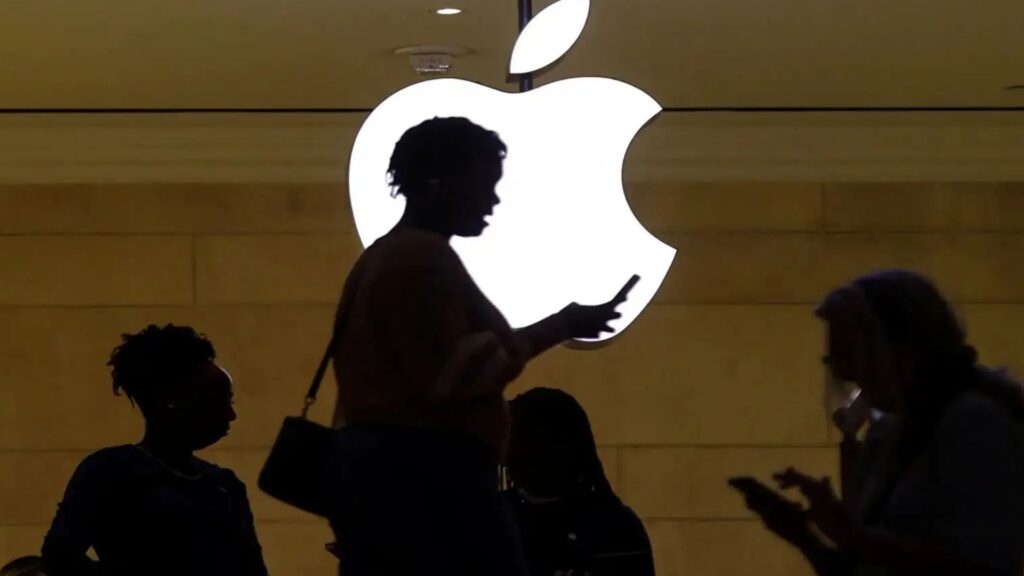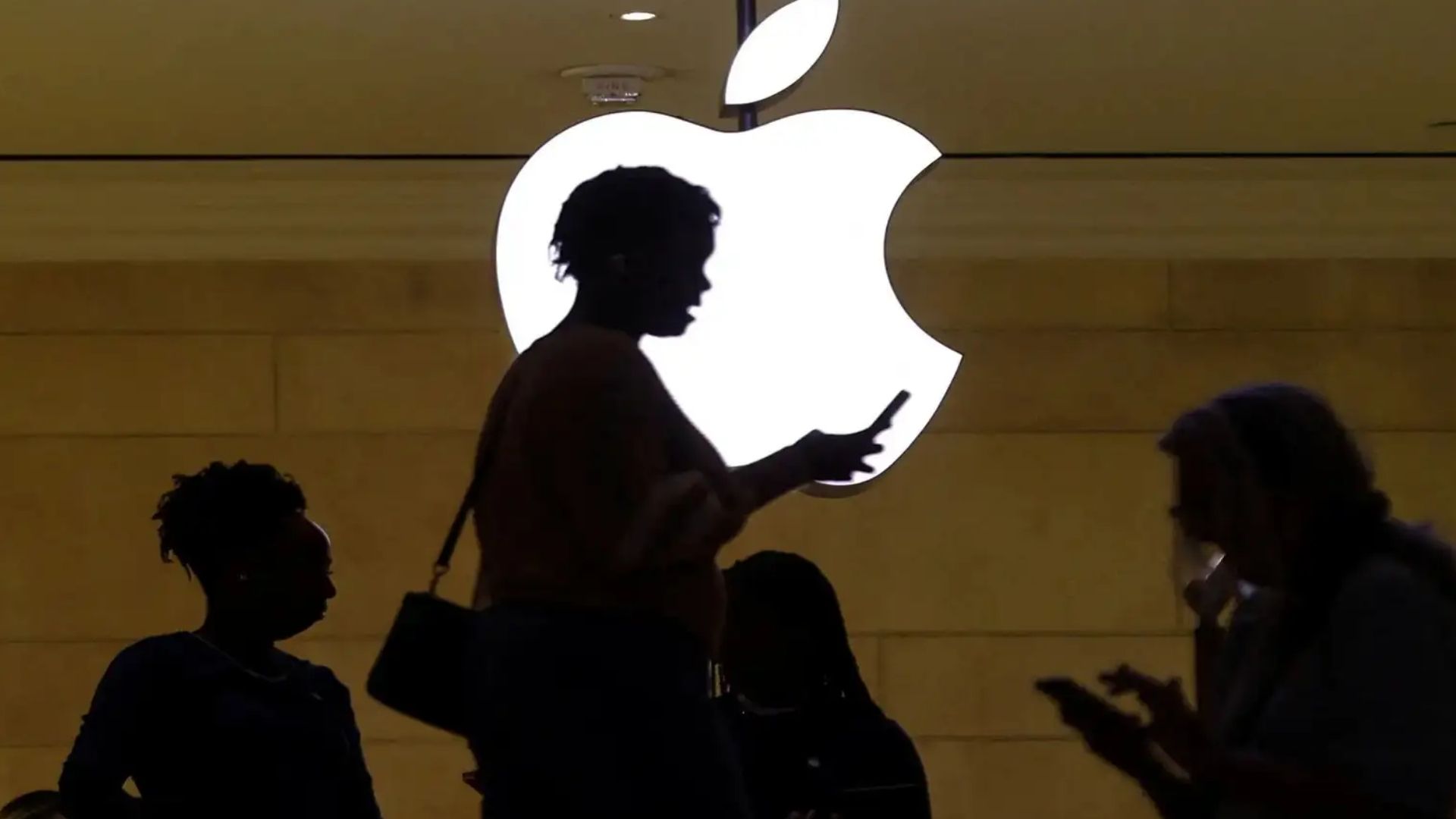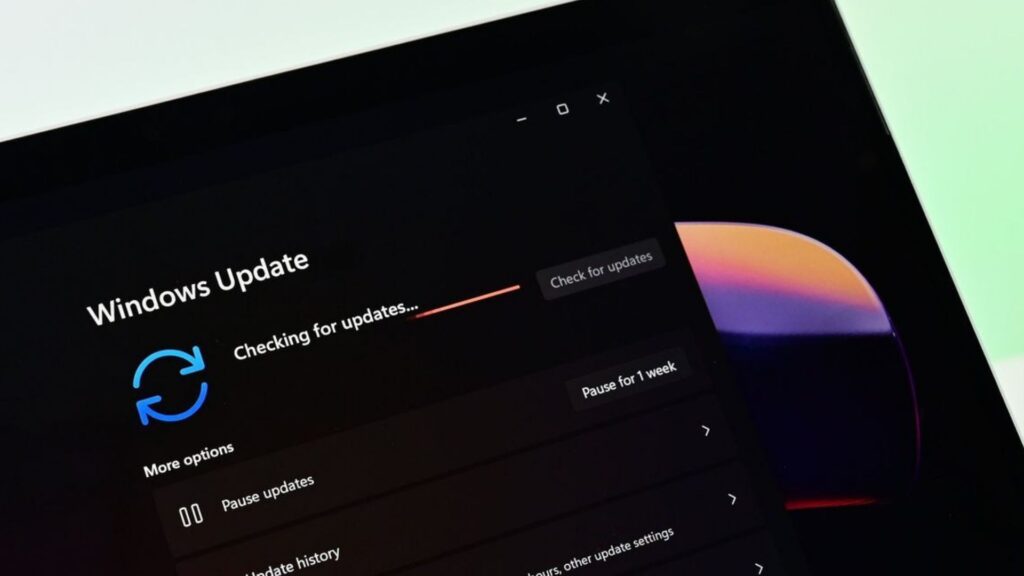The battle between Apple and the UK government over encrypted data continues to intensify. Despite earlier suggestions that the request had been dropped, newly surfaced legal filings indicate the Home Office still wants Apple to provide a backdoor to iCloud. The request is broader than initially believed, covering not only the company’s Advanced Data Protection (ADP) but also standard iCloud services used by millions worldwide.

This ongoing standoff raises serious questions about user privacy, government surveillance, and the global implications of national security legislation.
The Origins of the Dispute

In early 2025, the UK Home Office invoked the Investigatory Powers Act widely criticized as the “Snooper’s Charter”to issue a Technical Capability Notice (TCN) against Apple. This notice required the company to create a means for authorities to access encrypted iCloud data when investigating serious crimes such as terrorism or child exploitation.
The Home Office argued that these powers are necessary for law enforcement. However, Apple responded by disabling Advanced Data Protection (ADP) in the UK in February 2025. The company publicly declared it was “gravely disappointed,” stating the move compromised the security of its users.
Summary Table
Aspect |
Details |
|---|---|
Official Source |
|
Law Involved |
Investigatory Powers Act (IPA), via Technical Capability Notice |
What the UK Wants |
Backdoor access to all iCloud data (not just ADP) |
Apple’s Response |
Disabled ADP in the UK; filed a legal challenge in March 2025 |
Who is Affected |
All iCloud users globally, not just those in the UK |
Current Status |
Case pending before Investigatory Powers Tribunal; hearing expected 2026 |
Risks Identified |
Potential exposure of private data; weakening global encryption standards |
Advanced Data Protection Explained
ADP was Apple’s most ambitious step toward user privacy, offering end-to-end encryption across additional iCloud categories such as:
-
iCloud Backups
-
Photos
-
Notes
-
Reminders
While Apple already encrypted some sensitive information by default (like passwords and iMessages), ADP expanded the scope dramatically. With ADP, even Apple could not access the encrypted information.
The UK’s demand, however, made this level of security legally untenable in the country.
Scope of the UK Government’s Demand
Recent court documents reveal that the Home Office’s request goes far beyond ADP. The filing suggests that the UK government wants access to all iCloud data, including “categories of data stored within a cloud-based backup service.”
This means that the government’s demand is not limited to encrypted backups but could also encompass:
-
Stored passwords
-
Messages and chats
-
Photos and videos
-
Metadata and account information
Even more concerning, the filing shows that the demand is global in scope. It would not only affect UK citizens but also potentially expose data of iCloud users worldwide.
Confusion Over International Negotiations
The controversy deepened when U.S. Director of National Intelligence Tulsi Gabbard and Vice President J.D. Vance announced that the UK had abandoned its demand. According to them, a bilateral agreement between the UK and the U.S. resolved the matter.
Yet the legal filing contradicts these statements, showing the order remains in effect. This contradiction underscores the complexity of international relations in digital surveillance and raises doubts about whether political assurances match legal realities.
Apple’s Legal Challenge
In March 2025, Apple escalated the matter by filing a legal challenge with the Investigatory Powers Tribunal (IPT), the UK’s court for handling surveillance and intelligence-related cases.
Initially, proceedings were secret, but the tribunal agreed to hear part of the case in open court using “assumed facts.” This unusual procedure allows some level of transparency without breaching official secrecy laws.
A full hearing is expected in early 2026, which will determine whether the Home Office’s demands are lawful and enforceable.
Expert and Industry Reactions
Cybersecurity experts warn that backdoors create vulnerabilities for all users. As Professor Oli Buckley of Loughborough University explained:
“Once you open a backdoor, you don’t really have tight control of who walks through it. The Home Office isn’t just asking Apple to leave a spare key out for them. They are asking them to ensure every house on the street uses the same key.”
Digital rights groups like the Open Rights Group and Internet Society UK have also voiced concern. They argue that complying with the TCN would not only undermine encryption but set a dangerous precedent for governments worldwide.
Global Implications
The case is not just about Apple or the UK. If Apple is forced to comply, it could inspire other governments to demand similar access, eroding global privacy protections. This could trigger a domino effect where end-to-end encryption is weakened across platforms, leaving billions of users exposed to cybercrime, hacking, and surveillance abuse.
Frequently Asked Questions (FAQs)
1. What is the Investigatory Powers Act?
A. The Investigatory Powers Act is a UK law giving authorities broad surveillance powers, including the ability to compel companies to provide access to encrypted data.
2. Why did Apple remove Advanced Data Protection in the UK?
A. Apple withdrew ADP after being ordered to create a backdoor, which undermined the principle of end-to-end encryption.
3. Does this affect only UK users?
A. No. The UK’s demand has global reach, covering all iCloud users regardless of nationality.
4. Has the UK actually dropped the request?
A. No. Despite U.S. officials claiming otherwise, court documents show the order remains in effect.
5. What happens next?
A. The Investigatory Powers Tribunal will review Apple’s challenge in early 2026, but the outcome remains uncertain.
6. What’s the danger of a backdoor?
A backdoor designed for government use could be exploited by hackers, foreign actors, or criminals, weakening security for all users.
For More Information Click HERE






